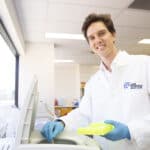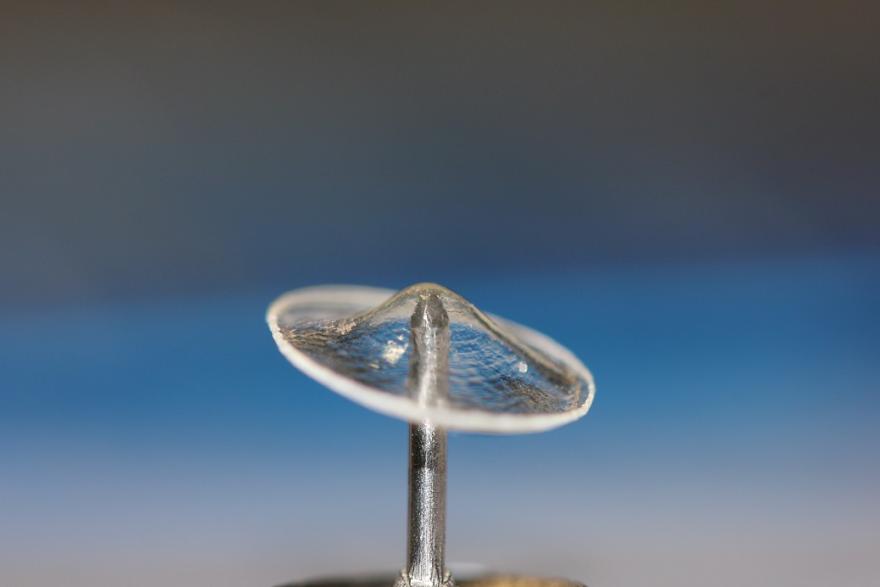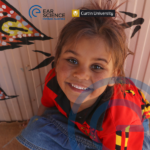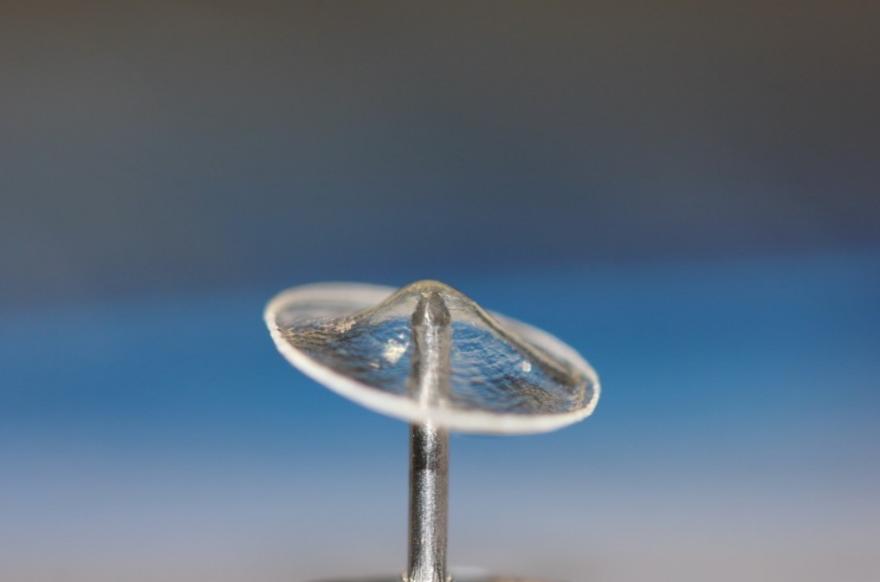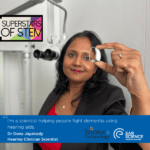Medtech grant brings West Australian invention using silkworms one step closer to market
Yesterday, MTPConnect and Minister for Health, The Hon Greg Hunt MP announced $18.8 million in funding for 21 early-stage medical technology projects across Australia. One of those recipients is Western Australian based Ear Science Institute Australia, which received a $993,500 grant to advance the commercialisation of ClearDrum®, a device that incorporates silk in an ear implant.
ClearDrum® has been developed right here in WA and has been driven by Ear Science Institute AustraliaFounding Director Professor Marcus Atlas. It is a world-first, acoustically optimised silk fibroin implant for the treatment of chronic middle ear disease (CMED). It is the first implant that actually mimics a human eardrum and whilst it looks like a contact lens, it’s instead a device on which the patient’s cells can grow.
Professor Marcus Atlas says, “What our team found is that the tympanic membrane cells, called keratinocytes, actively proliferate and migrate across this scaffold, promoting the healing process. This is a major step for Ear Science Institute Australia as we move to translate our research science to the world.”
The device is developed in two different formulations, which will allow ClearDrum® to dissolve over time addressing small perforations or acting as a long-lasting implant for larger perforations, with no need for further operations. Plus, the transparent material enables ongoing monitoring of healing and resolution of the middle ear.
The World Health Organization estimates that 65-330 million individuals have CMED, and 60% of them have a significant hearing impairment. ClearDrum® will provide a novel and effective treatment for sufferers of CMED, which is a major cause of global disability in ear surgery practice and is particularly prevalent in Australian indigenous populations.
Ear Science Institute Australia Chief Executive Officer Sandra Bellekom adds, “Our plan is for ClearDrum® to be available to the patients in a clinical trial next year, without funding such as this from MTPConnect, that opportunity for the end-user to benefit from our breakthrough research would be a lot further away.”
Professor Marcus Atlas worked with lead scientist Dr Filippo Valente on the successful grant. Dr Valente says, “Current treatments leave a significant percentage of individuals with ongoing problems, often requiring multiple surgeries and incurring high costs for the healthcare system. The Cleardrum® device aims to provide an off-the-shelf, near-permanent implant, to resolve these difficulties in a single, straightforward surgical procedure.”
The current stage of development of the project includes a working prototype, a strong international IP position, a contracted manufacturer organisation and collaborations with a series of Australian companies and organisations to address various phases of pre-clinical and clinical development. This new BMTH funding will assist with the commercialisation phase.
MTPConnect Managing Director and CEO, Dr Dan Grant, said round three of the BioMedTech Horizons program focused predominantly on research funding for digital health innovations and medical devices. He adds, “Building home-grown translational and commercialisation capacity means boosting our knowledge economy and creating new products, jobs and potential exports. This is particularly important now considering the hit that our sector has taken dealing with the impact of COVID-19 pandemic and lockdown.”

